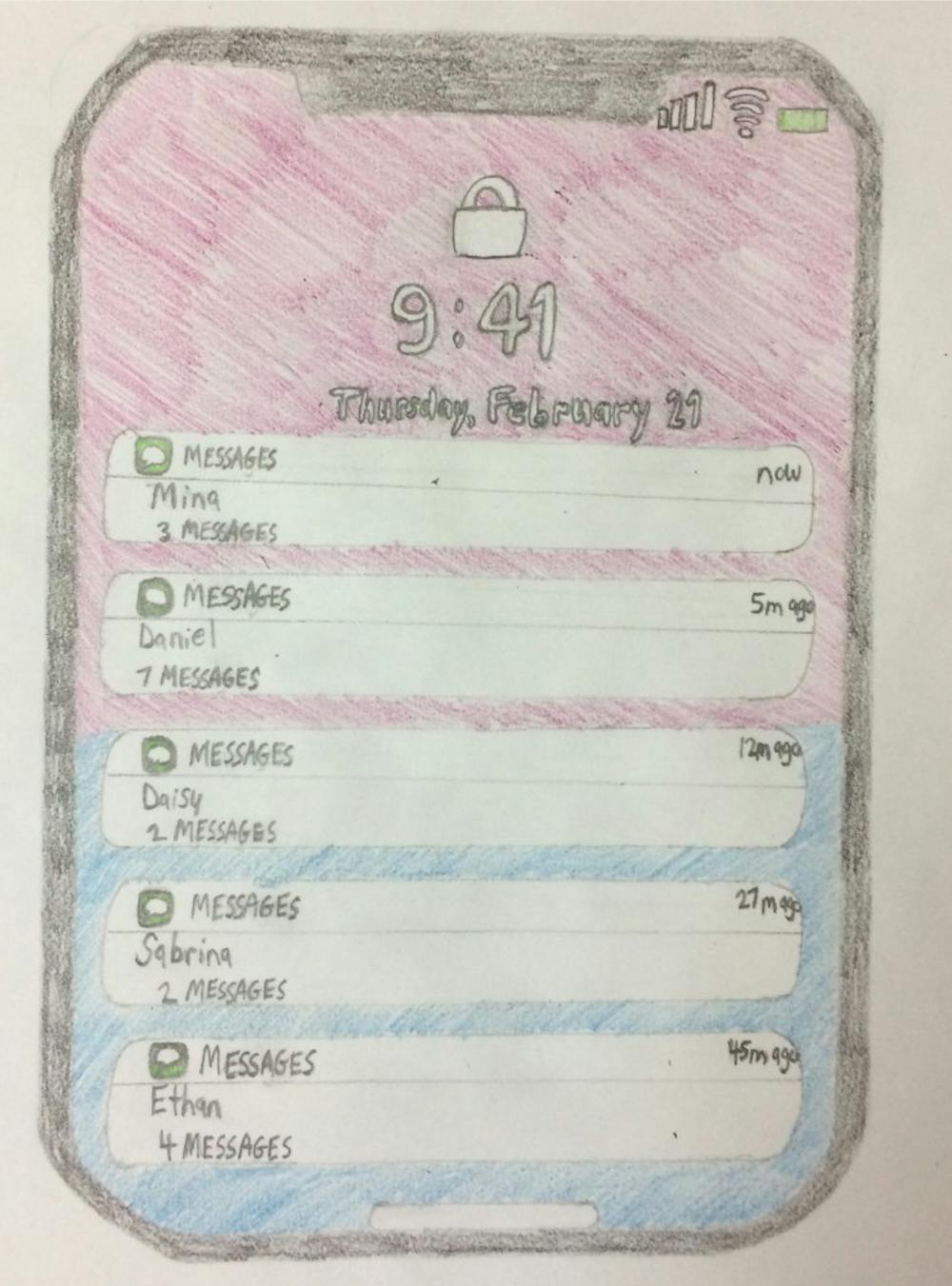Let’s face it. A lot of us are pretty bad at responding to texts. We use the preview function on our phones without actually responding. Even worse, we turn off the read receipts on their phones — precisely so we can respond much later or simply ignore the messages without feeling guilty.
But you should feel guilty – especially when it comes to staying in touch with childhood friends. As someone who’s attended 10 different schools, I know the pain of experiencing the people who meant the world to me slowly fade away — and at the same time, the surprisingly little amount of effort needed to maintain those relationships: texting them regularly and promptly.
The vast majority of students reading this article will likely face a similar problem — that of fading friendships from home. But if all of us want to keep up with some of our valuable, lifelong friends we had before Princeton began, then we should recognize how important texting is and make it a priority. It could be the only meaningful medium of communication, especially when we are thousands of miles away from our friends.
Many of my high-school friends reading this article would find it comically hypocritical that I am raising this opinion. And I concede that I still sometimes fall into the same trap that many others do — either I flat out do not check my phone for hours, or, when I do, I tend to rarely read through and respond to the messages that I have received. It is not uncommon that I see 20 or 30 messages piled up that I haven’t responded to in a week.
This unhealthy texting behavior has taken a toll on my social life outside of Princeton. I have now either lost touch with or feel distanced from many of my friends that I thought I would keep up with throughout my entire life. Looking back, it began with a couple messages that I had perhaps forgotten to respond to — which later culminated in the end of the conversation altogether.
But high-school friends matter – as well as friends that we had before coming here to Princeton. As Jessica Nyquist argues in her column on reconnecting with lost friends, it is incredibly easy to get lost in the detached, and at times, elitist, atmosphere of Princeton. Our childhood friends ground us in the reality outside of the “Orange Bubble.”
Moreover, our childhood friends were there when times were simpler. As we grow, we tend to focus on the more professional, materialistic, and perhaps more self-centered goals in life, whether that be securing internships or gunning for graduate schools. The more authentic connections we made as children provide us with a home, a reminder of childhood, a special kind of refuge from the constant stress we face in the outside world. It’s something we direly need.
At Princeton, it is very difficult to experience how valuable these childhood friendships can be. We always have people we greet when we walk to class and study groups to do problem sets with. It can feel as if we are never alone — or we are always too busy to even think about it. But when hardships strike, our childhood or high-school friends can be the important outside perspective, or perhaps the only outside perspective, that aids us with personalized advice.

As I now try to stay connected to friends from vastly different locations, I regret not investing time into the simple act of texting to maintain more pre-Princeton friendships.
So let’s get better at texting. It’s not just a matter of courtesy. It is these simple, daily acts like texting that constitute and define abstract words like “friendship” or “love” — especially when our friends are physically so far away from us.
Jae-Kyung Sim is a first-year from Sejong City, South Korea. He can be reached at j.sim@princeton.edu.









